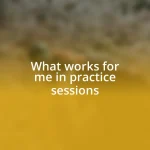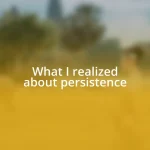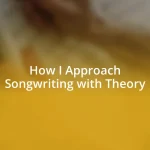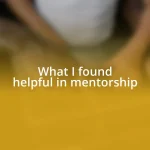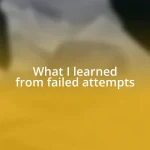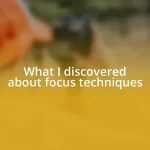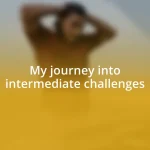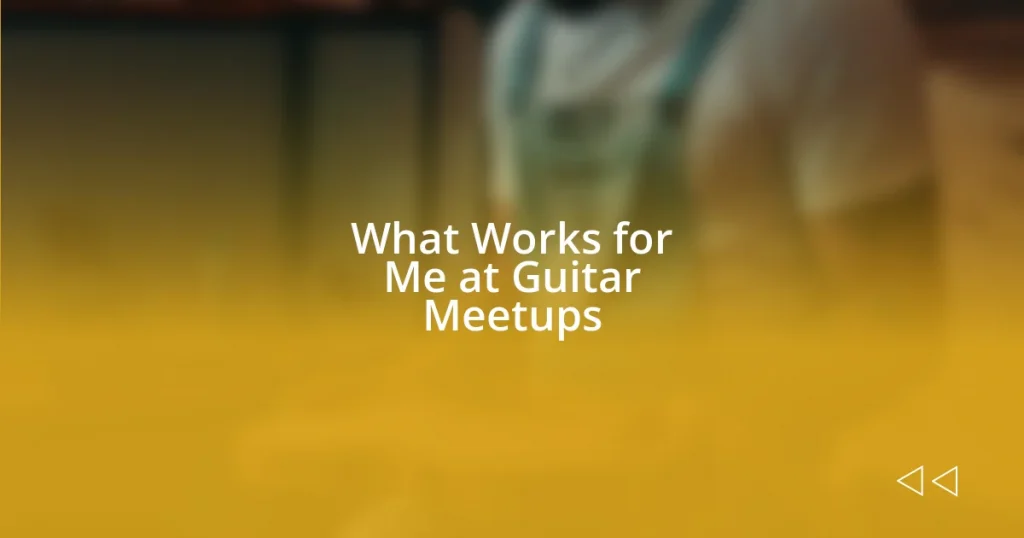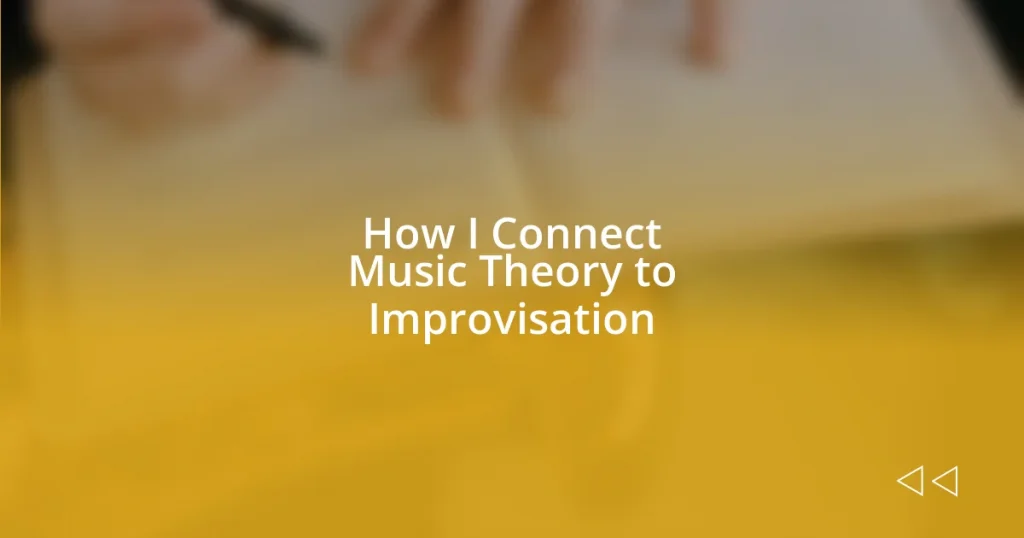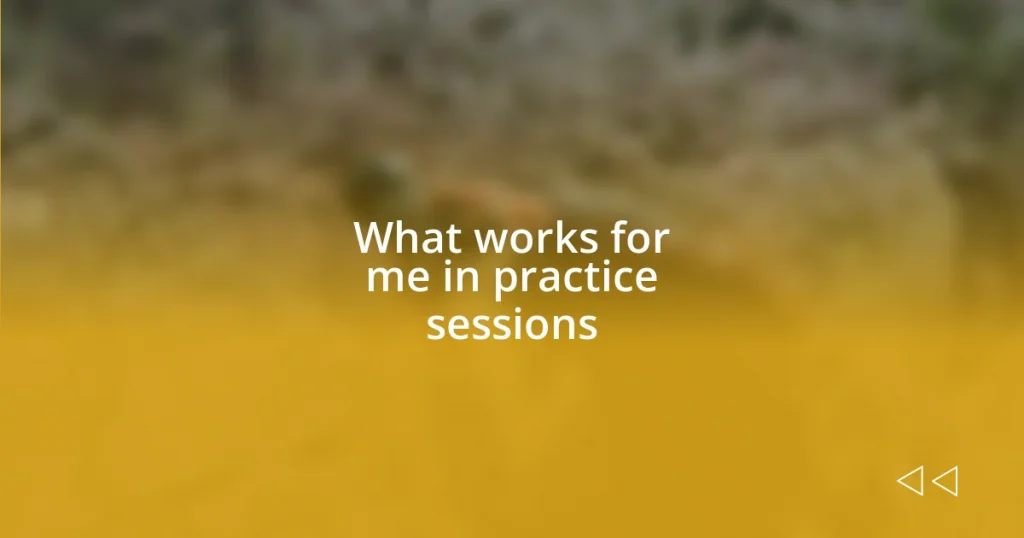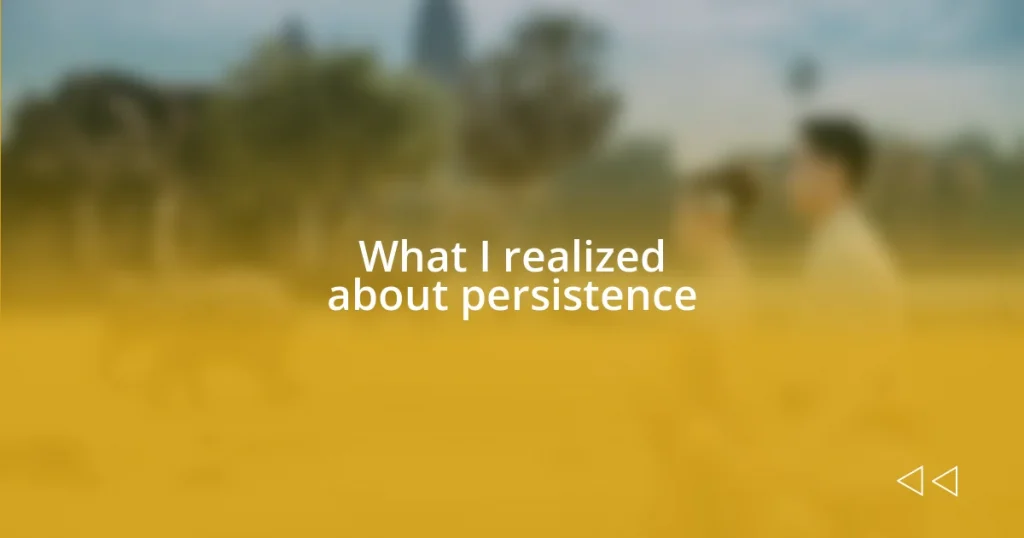Key takeaways:
- Guitar meetups foster a sense of community, enhance skills through collaboration, and encourage spontaneous creative exploration.
- Preparation is crucial; gather your gear, plan a setlist, and communicate with the host to tailor the experience to the group’s expertise.
- Engagement with fellow musicians through compliments, sharing techniques, and listening enhances camaraderie and enriches the learning experience.
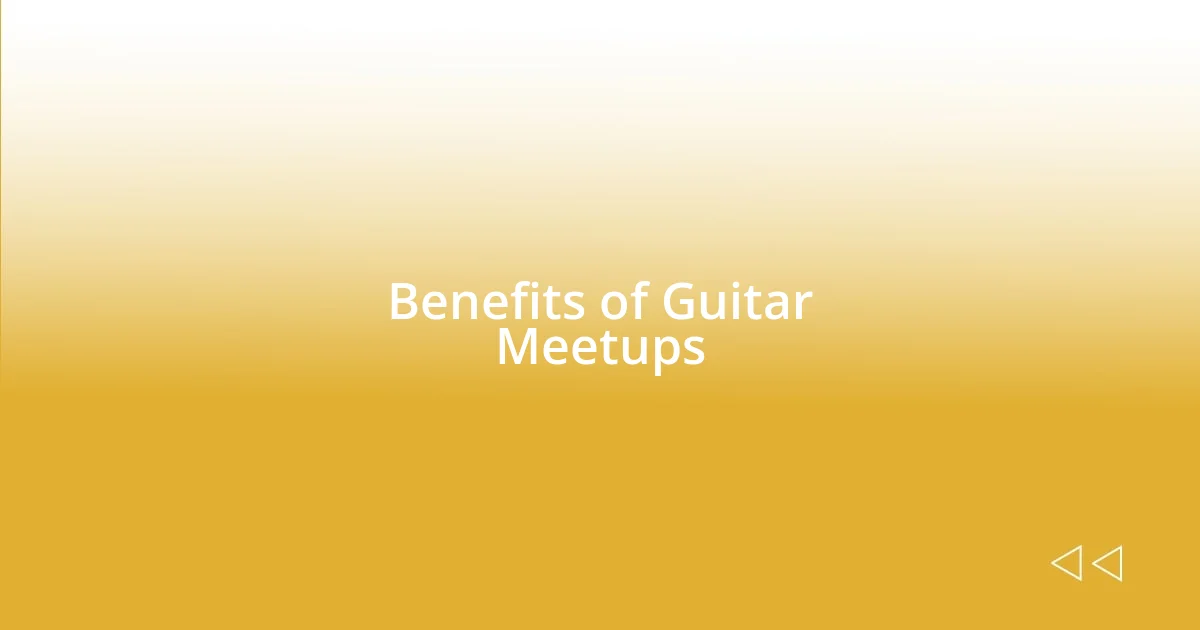
Benefits of Guitar Meetups
One of the most significant benefits of guitar meetups is the sense of community they foster. I remember my first meeting, feeling a mix of excitement and nerves. However, as soon as I strummed my first chord alongside others, that anxiety melted away. There’s something magical about sharing a passion with others—it’s like a supportive embrace that encourages us to grow as musicians.
Another advantage is the learning experience. During these gatherings, I’ve been exposed to so many styles and techniques—from fingerpicking to strumming patterns. Have you ever found yourself struggling with a particular riff? At meetups, I’ve encountered fellow guitarists willing to share their insights, which made it easier to overcome those hurdles. The collaborative environment really enhances our skills.
Guitar meetups also invite moments of spontaneity that can lead to unexpected breakthroughs. Just last week, I joined an impromptu jam session where we decided to switch genres mid-song. It was challenging, but exhilarating! Have you ever discovered a new favorite genre simply by stepping out of your comfort zone? That’s the beauty of these gatherings—they provide opportunities for creative exploration that we might not experience on our own.
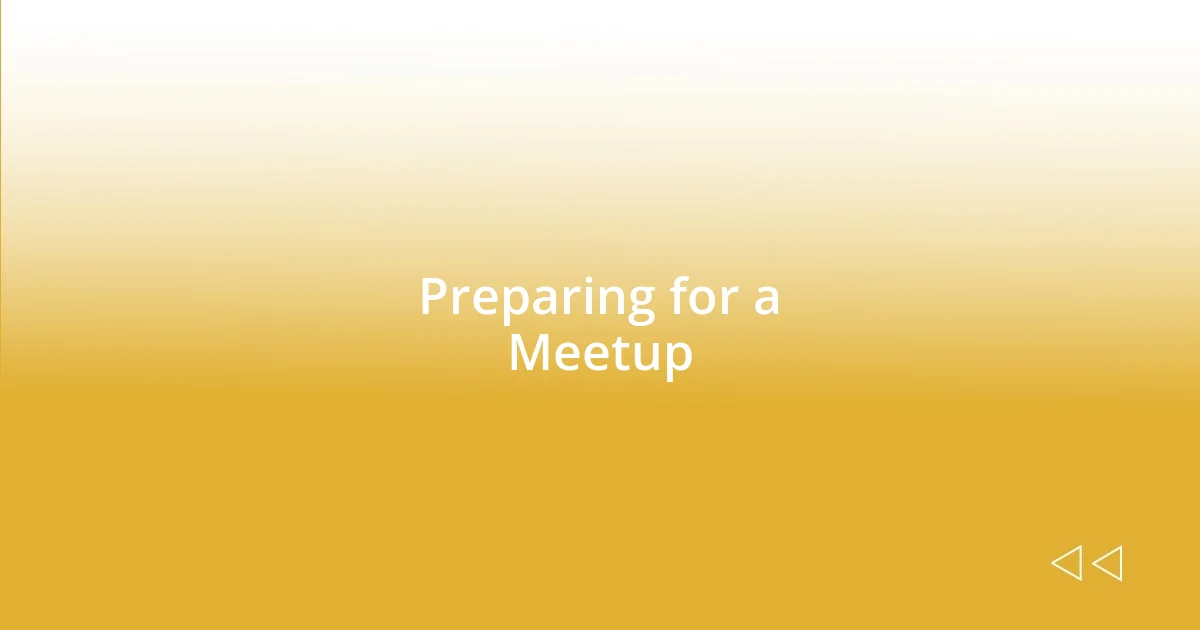
Preparing for a Meetup
Preparing for a meetup starts well before you arrive. I always find it helpful to gather my gear the night before. Having my guitar, picks, and a notebook ready alleviates any last-minute rush that often leads to forgetting something important. Starting this small routine not only grounds me but also builds my excitement as I think about the creative possibilities ahead.
Something I truly value is planning a few songs I want to share. When I first dived into the world of meetups, I often felt lost trying to decide what to play on the spot. I recall preparing “Wonderwall” as my go-to song. It not only broke the ice but gave me the courage to explore more complex pieces later on. What do you think you could bring to the table? Having a couple of songs in your pocket can really boost your confidence and encourage others to join in.
Lastly, I encourage you to communicate with the host beforehand. From my experience, a simple message can help tailor the evening’s setlist or inform you about what kind of players will be there. Understanding the group’s level of expertise can guide your preparation—whether it’s simple strumming exercises or more advanced techniques. It’s this kind of connection that truly elevates the meetup experience for everyone involved.
| Preparation Tip | Value |
|---|---|
| Gather Your Gear | Avoid Last-Minute Stress |
| Plan Your Setlist | Build Confidence |
| Communicate with the Host | Enhance Meetup Experience |
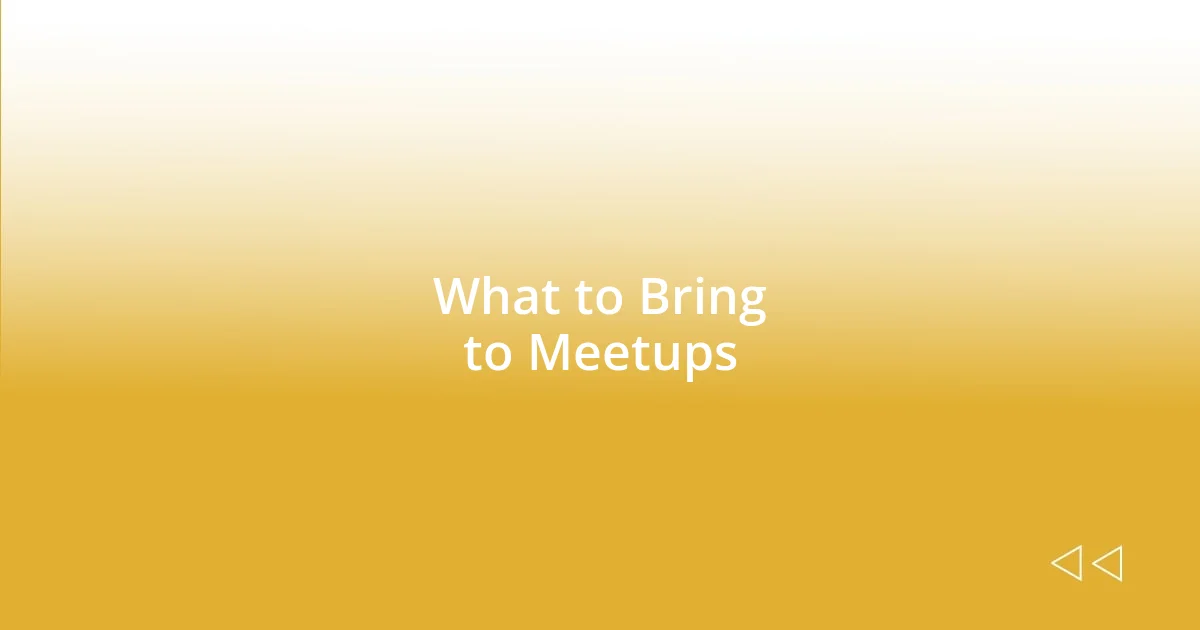
What to Bring to Meetups
When it comes to what to bring to meetups, I’ve learned that packing wisely can make all the difference in how much you enjoy the experience. I vividly remember one event where I forgot my extra guitar strings—I was feeling a bit panicky. Having a backup string set saved the day, allowing me to focus on playing rather than worrying about a potential mishap. It’s these little things that can transform our meetup from stressful to seamless.
Here’s a quick checklist of essentials you should consider:
- Your Guitar: Obviously! But also ensure it’s in good condition.
- Extra Strings: Just in case your enthusiasm leads to a broken string mid-jam.
- Picks: Bring a few because you know they seem to vanish into thin air!
- Capo: They can bring new life to a song and open up opportunities for collaboration.
- Notebook: Jotting down tips or song ideas is invaluable.
- Water Bottle: Staying hydrated helps keep your energy up.
Once, during a particularly hot meetup, I was so grateful to have my water bottle handy. It kept me refreshed and ready to jam without interruptions. Every item you bring can play a role in your comfort and enjoyment, making the experience even more fulfilling.
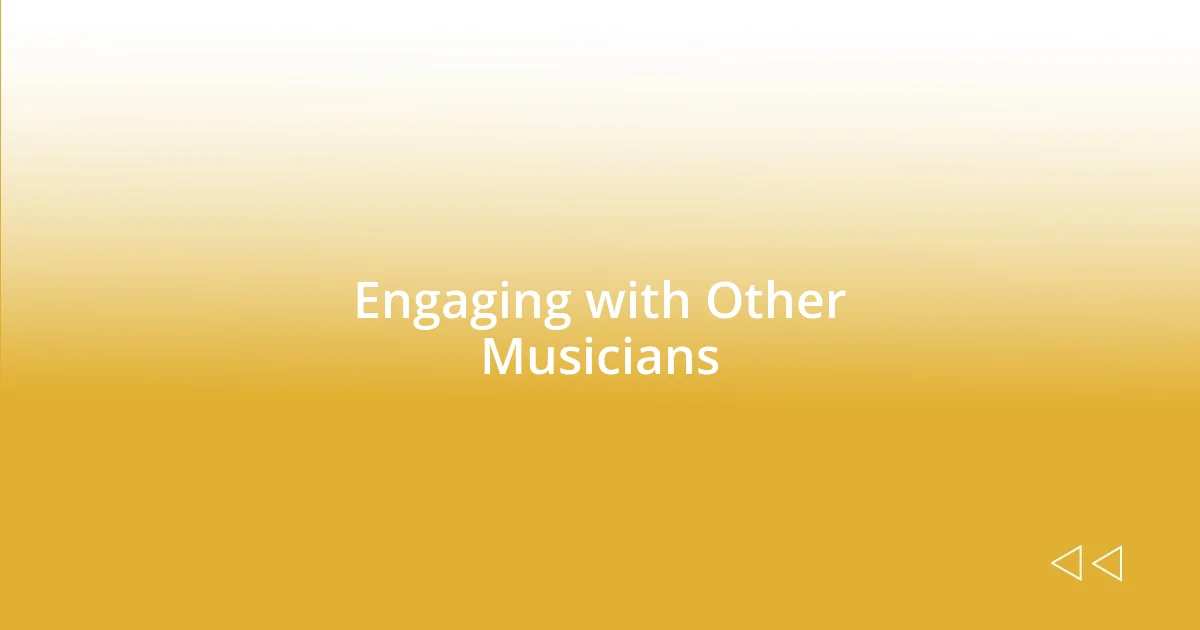
Engaging with Other Musicians
Engaging with fellow musicians at meetups can be one of the most rewarding aspects of the experience. For me, it all starts with being open and approachable. I remember my first time at a jam session, where I timidly stood in the corner, unsure of how to connect. Eventually, I mustered the courage to compliment someone’s unique playing style. That simple gesture opened up a conversation that led to a duet that evening. Have you ever hesitated to approach someone? I can assure you, a friendly compliment can break the ice and kick off a collaborative spirit.
Sharing tips or techniques is another great way to enhance engagement. I’ve often found that musicians are more than willing to share their insights. One time, I learned a nifty finger-picking pattern from a fellow guitarist, which completely transformed my playing. When was the last time you shared a trick you learned, or asked someone about theirs? I believe these exchanges not only bolster our own skills but can also create a sense of camaraderie among participants, making the learning environment rich and enjoyable.
Lastly, don’t underestimate the power of listening. I truly cherish those moments when I step back, absorb the different styles, and appreciate what others bring to the table. The laughter, the mistakes, and the triumphs shared during a session create an atmosphere of support and growth. Have you taken the time to really hear what’s happening around you? I’ve found that deeply listening can spark inspiration, teaching me new approaches and refreshing my passion for music. Engaging isn’t just about speaking; it’s also about absorbing the incredible creativity around us.
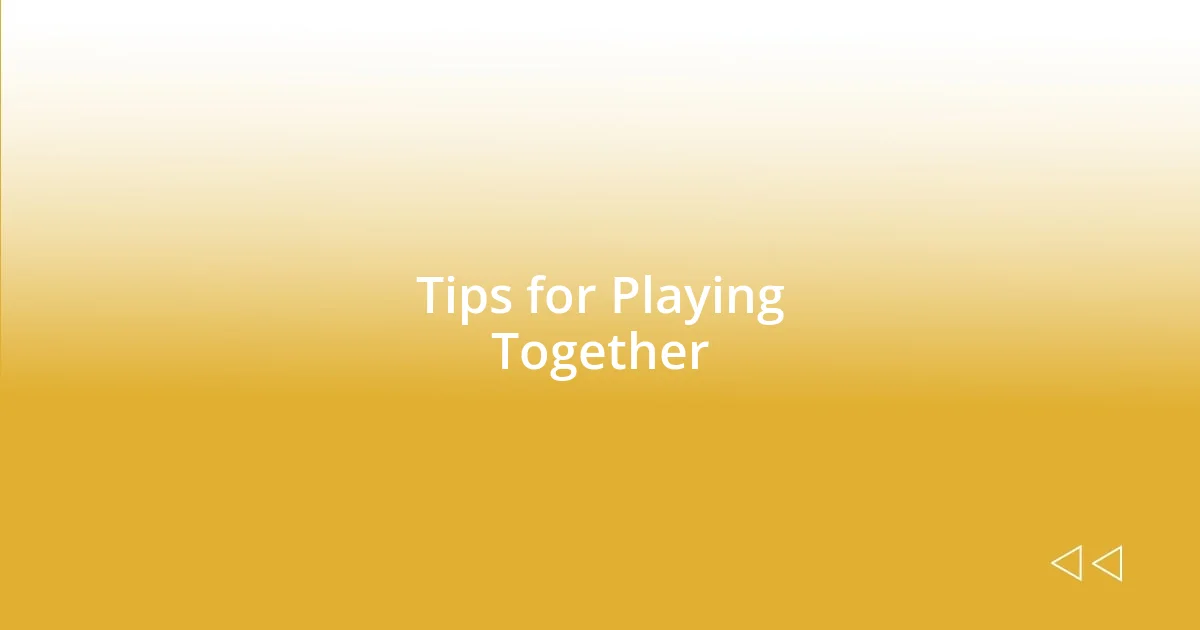
Tips for Playing Together
When playing together, one essential tip I always keep in mind is to establish a clear communication system. It might sound simple, but it transforms the jamming experience. I remember a time when we jumped right into playing without discussing our song structure. The resulting chaos was amusing, but it also taught me the value of setting a foundation first. Have you ever been in a musical situation where you wished you’d clarified things beforehand? Taking a moment to agree on a key, tempo, or arrangement can really enhance the flow of a session.
Another vital point is to be adaptable. I recall a jam where one guitarist suggested a key change mid-song. Initially, I felt a wave of uncertainty wash over me, but I decided to go with the flow. Playing along, I discovered new notes and dynamics in the melody that I hadn’t considered before. Has a change ever felt daunting to you? Embracing these unexpected moments not only keeps things fresh but can also lead to innovative sounds that benefit everyone involved.
Lastly, make it a point to tune in to the energy of the group. I often gauge the mood and adjust my playing style accordingly. There was this one meetup where everyone was super laid-back—soft strumming, quiet singing—but I noticed a couple of musicians getting more expressive. I joined them, and it shifted the entire vibe into a more upbeat direction. Don’t you just love when the energy in a room transforms? Being aware of the group’s dynamics allows you to contribute in ways that resonate with everyone, enhancing the overall experience.
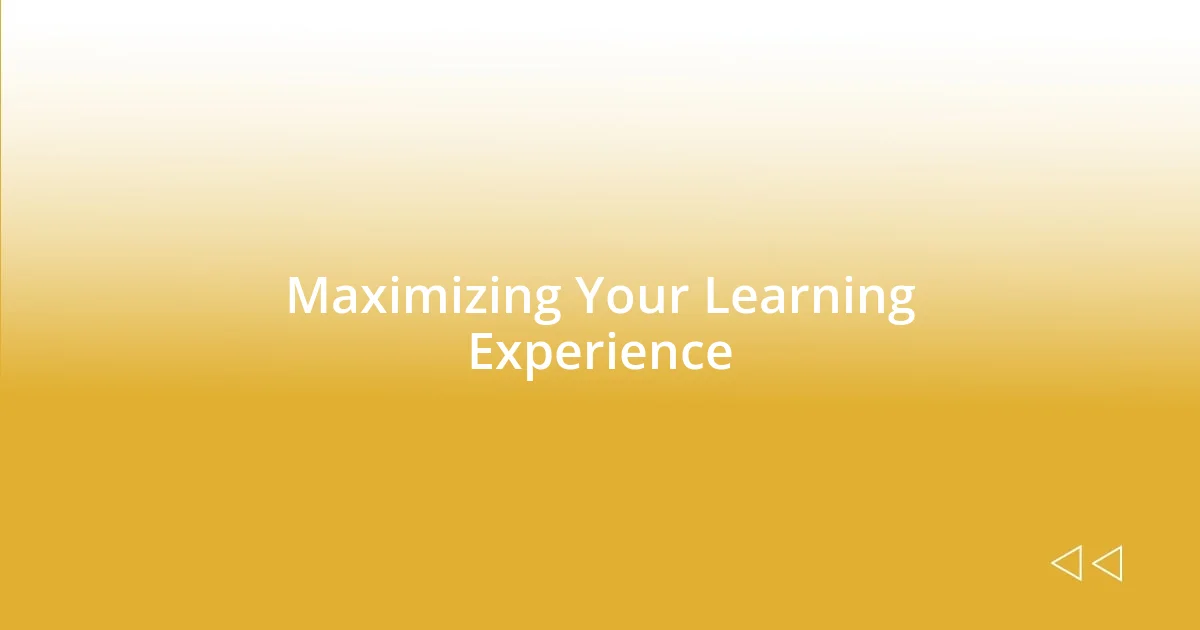
Maximizing Your Learning Experience
To truly maximize your learning experience at guitar meetups, I find it invaluable to set specific goals for what you want to achieve during the session. For instance, I often arrive with a focus on mastering a particular technique or song. During one meetup, I aimed to improve my improvisation skills. By pursuing this goal, I actively sought opportunities to experiment with different scales, which not only expanded my repertoire but also boosted my confidence. Have you ever walked into a session with a clear intention? It can really shape the way you engage with the music and fellow musicians.
It’s equally important to embrace feedback from others. A few months back, after performing a solo piece that I thought was solid, a friend gently pointed out some areas for improvement. Initially, I felt a bit defensive—who doesn’t? But upon reflection, that feedback was invaluable. The next time I played, I incorporated those suggestions and noticed significant growth in my technique. Have you ever shied away from constructive criticism? I’ve learned that viewing feedback as a tool rather than an attack can lead to breakthroughs in my playing.
Lastly, I encourage you to take time to reflect after each meetup. I often jot down notes about what I learned or enjoyed the most, like a particularly inspiring player’s style or a song that resonated with me. After one memorable session, I recorded my thoughts about the interplay between musicians that evening, and it sparked a newfound passion within me. Do you ever take a moment to reflect? This practice helps solidify the experiences and insights gained, making each meetup not only enjoyable but also a stepping stone toward continuous improvement.
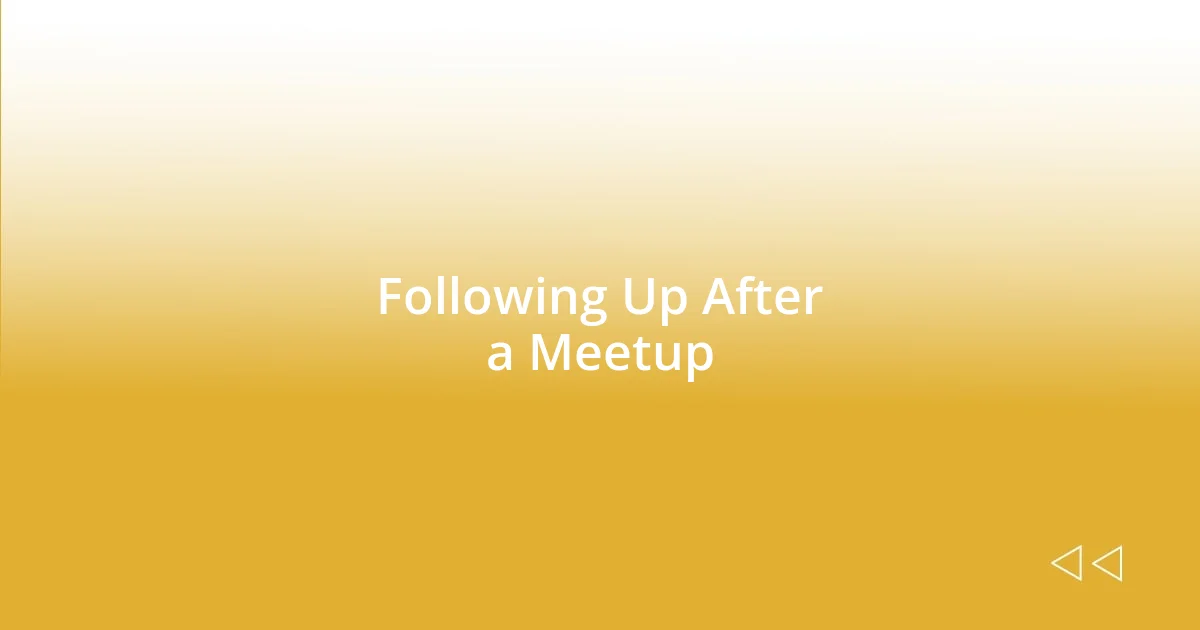
Following Up After a Meetup
Following up after a meetup can be incredibly rewarding. After one particularly electrifying session, I decided to reach out to a guitarist I connected with. An email sparked a delightful conversation about our favorite bands, and it wasn’t long before we started planning a collaboration. Have you ever considered how a simple follow-up could turn a pleasant evening into something more? It’s fascinating how these connections can evolve into friendships or even creative partnerships.
I’ve also found that sharing recordings or notes from the meetup is an excellent way to keep the momentum going. After one gathering, I filmed a short clip of the group jamming and sent it out to everyone. The response was incredible! My email lit up with thank you notes and thoughts about our improvisational moments. How often do you revisit those shared experiences? It keeps the energy alive and fosters a sense of community among the musicians.
Lastly, I can’t stress enough the importance of gratitude. Following one meetup, I took a moment to send a heartfelt thank-you message to the host. They had organized a fantastic session that truly inspired everyone involved. Surprisingly, this small gesture opened the door for future meetups and even a few informal jam sessions. Have you thanked your fellow musicians lately? A little appreciation can go a long way in nurturing your musical relationships.

